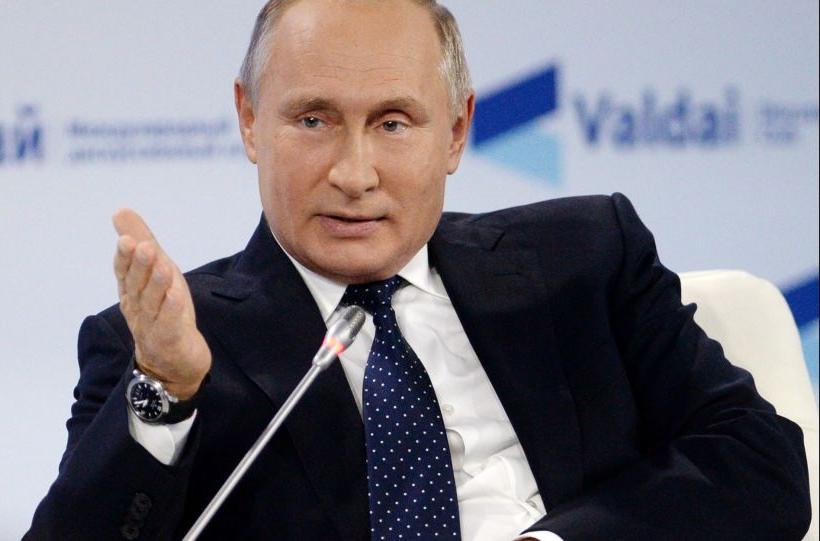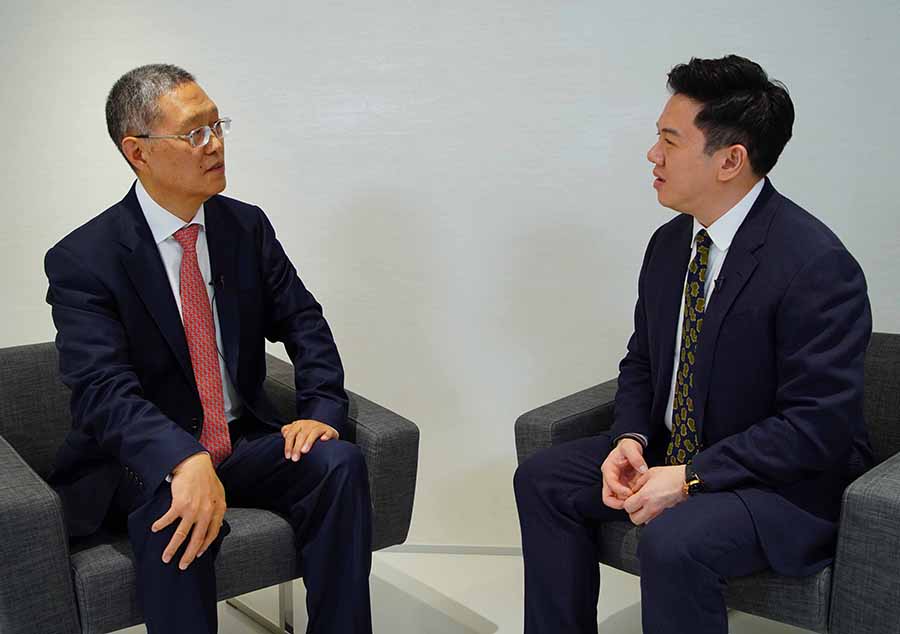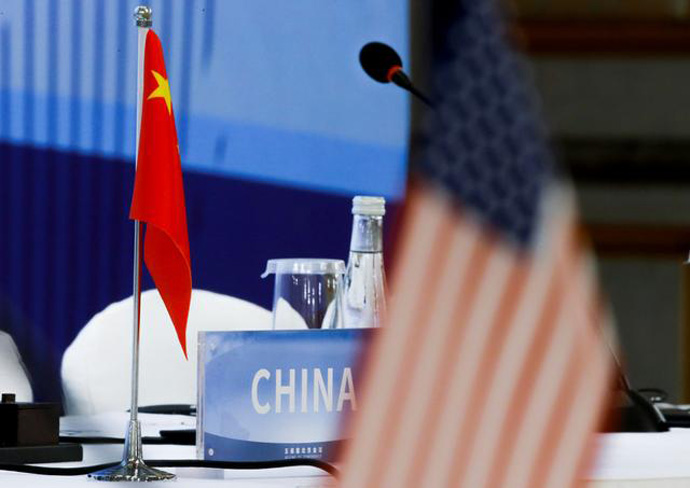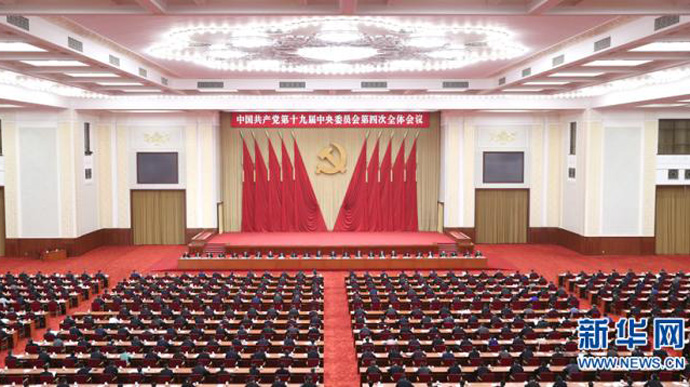
Richard Weitz, Senior Fellow, Hudson Institute
Nov 28, 2019
A joint early-warning system throws a curveball at the United States and the global military order.
Ben Reynolds, Writer and Foreign Policy Analyst in New York
Nov 27, 2019
As long as Chinese money continues flowing into Greece China’s influence will continue to expand, raising U.S. fears of a further deterioration in NATO’s southeastern flank.

Cui Liru, Former President, China Institutes of Contemporary International Relations
Nov 27, 2019
A broad perspective and reference to history is required to properly understand and respond to the recent difficulties. There is reason to keep a positive attitude.
Zhang Yun, Professor, School of International Relations, Nanjing University
Nov 27, 2019
This doesn’t mean soft appeasement or concession. Outreach is conducive to the development of stable relations and serves China’s own long-term national interests.

Nov 27, 2019
He Yafei, a leading scholar of American studies in China, spoke with China-US Focus host James Chau in Hong Kong on Nov. 15. The following transcript has been lightly edited for clarity.
Zhai Kun, Professor at School of International Studies; Deputy Director of Institute of Area Studies, Peking University
Nov 27, 2019
The ASEAN Summit this year delivered an inclusive and progressive road map for further cooperation. Six macro-level upgrades were presented.

Da Wei, Director of Center for International Strategy and Security; Professor at Tsinghua University
Nov 27, 2019
The more China and the US are coupled, the more insecure they feel. Some sort of split seems inevitable.

Zhang Baijia, Former Deputy Director of the Party History Research Center, CPC Central Committee
Nov 22, 2019
Some wrestling may be needed before they can seriously look at decoupling.

Xue Li, Senior Fellow, Chinese Academy of Social Sciences
Nov 20, 2019
China is focused on improving its national security and reducing long-term risks. Therefore, it’s likely to think about worst-case scenarios with respect to the U.S. and work to play a greater role in setting the agenda.
Nov 18, 2019
BRICS leaders did not refer to the United States by name, but nonetheless were highly critical of growing protectionism.
Back to Top

- China-US Focus builds trust and understanding between the U.S. and China through open dialogue among thought leaders.
- Our Offerings
- Topics
- Videos
- Podcasts
- Columnists
- Research Reports
- Focus Digest
- Stay Connected
-
Thanks for signing up!
- Get the latest stories from China-US Focus weekly.